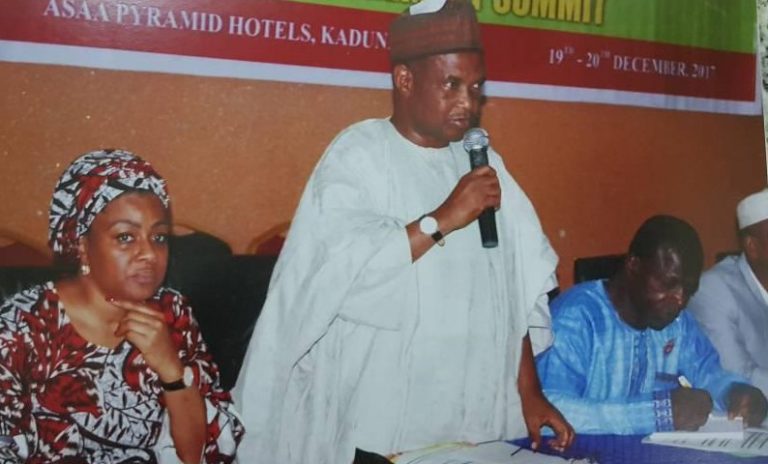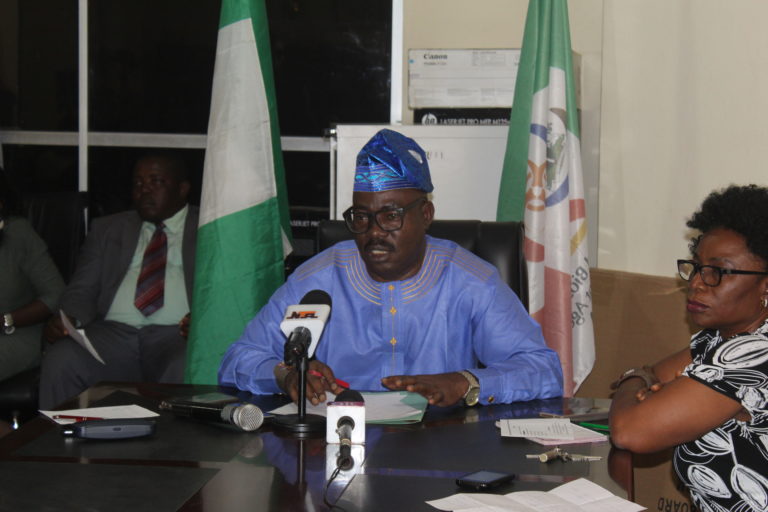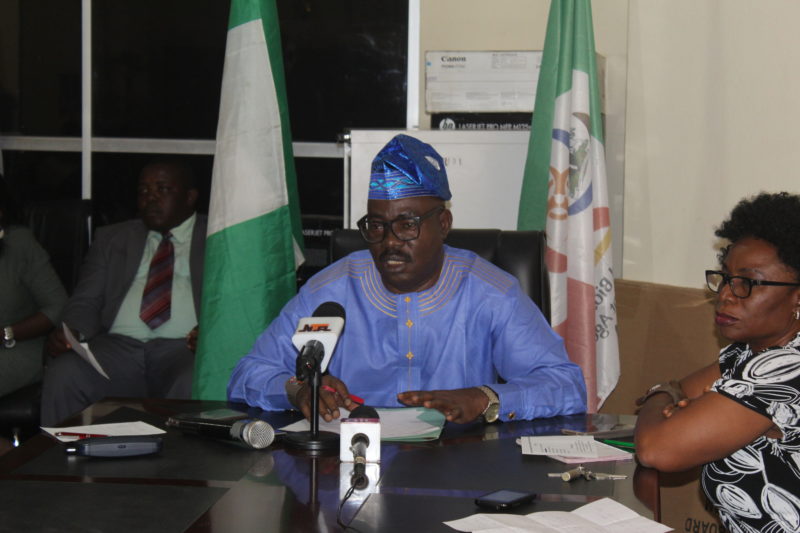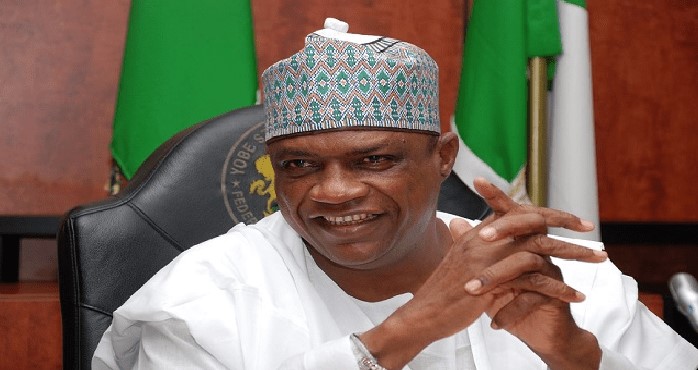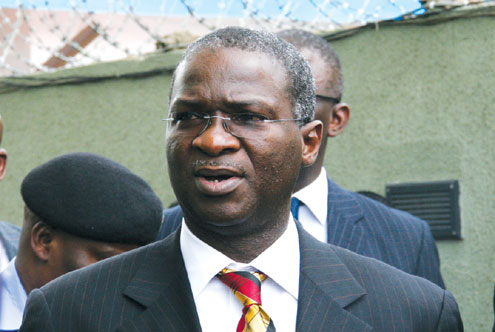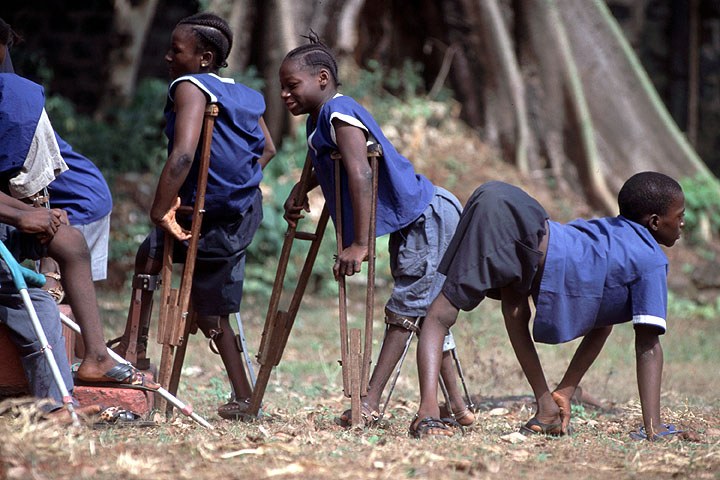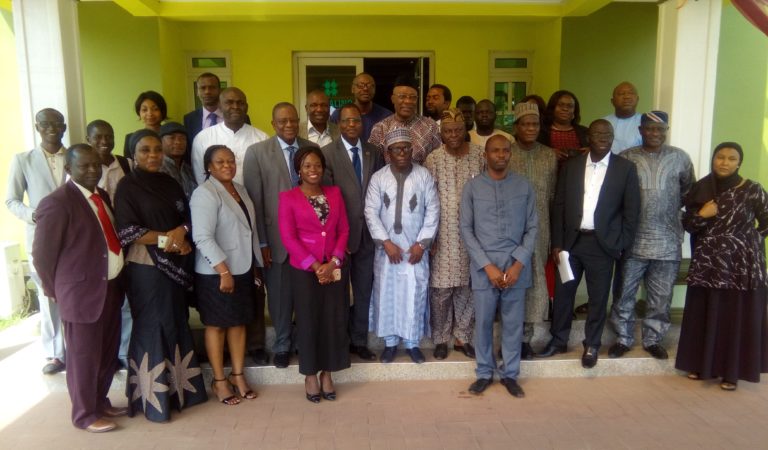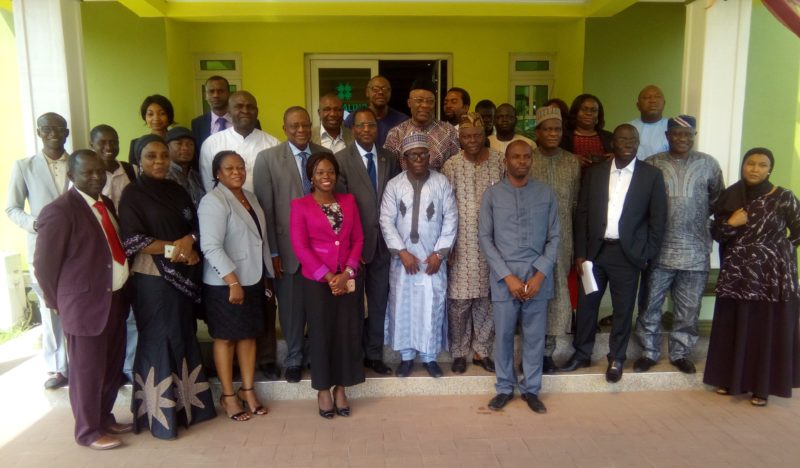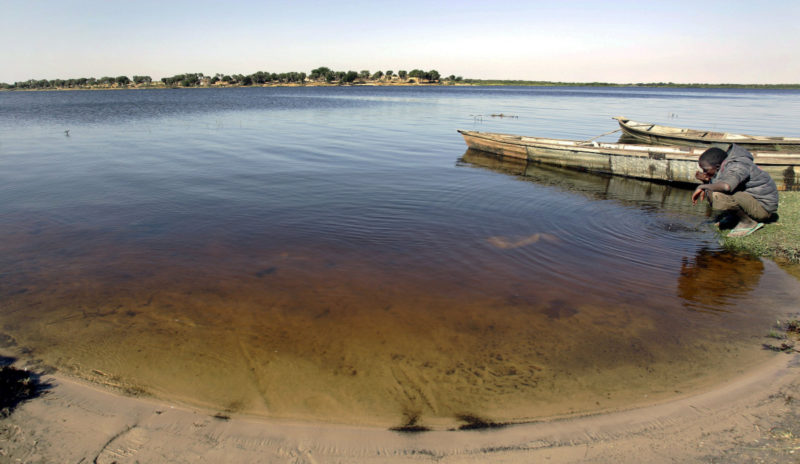For the implementation of the pilot project of Sustainable Fuelwood Management (SFM) to be successful, Nigeria needs over 3,000 hectares of land. The project is aimed at reducing deforestation and the negative impact of climate change.

The Director General, Energy Commission of Nigeria (ECN), Professor Jidare Bala, disclosed this on Tuesday, December 19, 2017at a stakeholders’ summit for the SFM, organised by the Commission in collaboration with the United Nations Development Programme (UNDP), and Kaduna State Government, in Kaduna, the state capital.
The Kaduna State Government also used the summit to formally lunch the state Sustainable Fuelwood Management (SFM).
Funded by Global Energy Facility (GEF), the $4.4 million SFM in Nigeria programme with a counterpart funding of $16 million from the three pilot states of Delta, Kaduna and Cross River, and the private sector equity share, is a part of the sustainable development initiatives of the United Nations Development Programme (UNDP).
Represented by the Director, Linkages and Consultancy of the ECN, Mr. Okon Ekpenyong, Prof. Bala explained that the project is also targeted at promoting the re-plantation of millions of fast growing trees on degraded lands for future use.
Declaring the summit open, the Kaduna state Commissioner for Environment and Natural Resources, Mrs Amina Sijuade, applauded the initiative, reiterating that it is in line with the state government’s sustainable development programmes.
The programme will be implemented in nine local government areas across the three political zones of Kaduna State.
The SFM programme is being piloted in the three states of Delta, Kaduna and Cross River.
UNDP is supporting the people and Government of Kaduna State in delivering a strategy to reduce emission from deforestation and forest degradation.
Findings by EnviroNews revealed that, in line with the objectives of the strategy, the SFM project was conceived with the overall objective of supporting the pilot states in promoting sustainable fuelwood production and consumption with attendant socio-economic and environmental benefits.
The summit was convened considering the commencement of the implementation of the SFM project in the state and the desire of Kaduna State to garner the support and cooperation of all stakeholders and carry them along in the operation and gains of the pilot project.
The specific objectives of the Kaduna summit included:
- initiating information sharing with high-level government officials on the progress and implications of SFM project;
- promoting relevant inter-sectorial synergy/collaboration critical for the successful implementation of the project in Kaduna State, and
- adequately interfacing with all stakeholders on what is required for the operationalisation of the different components on the project.
Also speaking at the two-day workshop held December 19 to 20, 2017 in in Kaduna on the programme, the National Project Coordinator, GEF-UNDP Energy Efficiency Programme, Mr Etiosa Uyigue, reiterated that the SFM project would not only help to reduce the rate of deforestation, which he described as “alarming”, but also help to develop and promote clean cooking in Nigeria.
According to him: “Part of the objectives of the project is to see how we can reduce deforestation and also provide alternative to fuelwood use in Nigeria.
The SFM is being funded by the Global Energy Facility (GEF).
Uyigue further explained: “The GEF funds projects on incremental basis. In order words, they look at existing activities and complement them. We all know there is an ongoing REDD programme in Cross River and Delta states. And there are also fuelwood management activities going on Kaduna.”
He, however, expressed optimism that there is the possibility of replicating the project in other states of the federation upon the successful implementation of the pilot programme.
This, he said, may however be done by the federal government as, according to him, the GEF funding cuts across 195 countries of the world.
By Hassan Zayamu

